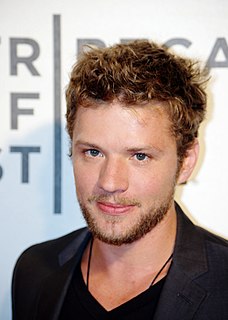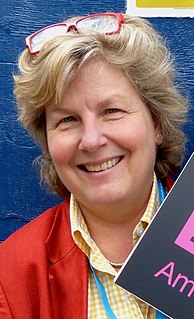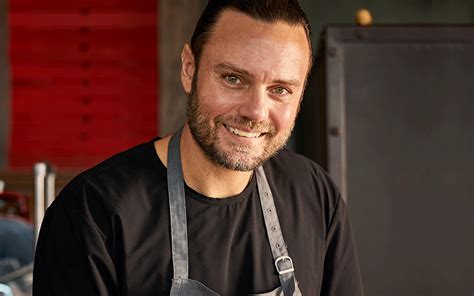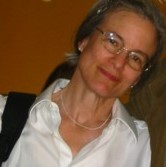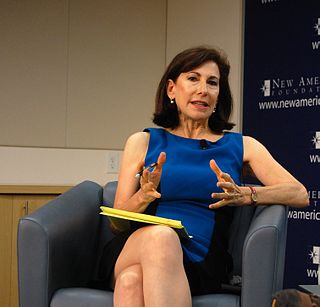A Quote by Jane Pauley
About the time I turned 50, I experienced the profound biological change that often accompanies women at that age. Also, I put two kids in college and lost both of my parents, so I'm no longer somebody's daughter.
Related Quotes
There's going to be biological differences between the genders. There's going to be biological differences between two women or two men. There's biological differences between all of us. My concern is, why are we so concerned about it? Why are we so worried about it? Why, whenever a study comes out about men do this one way and women do this one way, or men's brains and women's brains - why are we so interested in that? You know, what makes us so fascinated by differences between the sexes? And I think more often than not that interest is deeply embedded in sexism.
I would say basically the commonplace observation that kids aren't going to earn as much as their parents is now is a coin flip at this point. Are you going to do better than your parents? It's a 50-50 chance, whereas if you were born in the 1940s or 1950s, you had more than a 90 percent chance you were going to do better than your parents. So basically almost a guarantee for most kids that you were going to achieve the American Dream of doing better than your parents did. Today, that's certainly no longer the case.
Suggestions? Put it aside for a few days, or longer, do other things, try not to think about it. Then sit down and read it (printouts are best I find, but that's just me) as if you've never seen it before. Start at the beginning. Scribble on the manuscript as you go if you see anything you want to change. And often, when you get to the end you'll be both enthusiastic about it and know what the next few words are. And you do it all one word at a time.
I have to say, I have to tell you that my kids had a most marvelous time having two moms. When my daughter was at university, she got flu. And both mums rushed to be with her. And we were both looking after her and making soup and tidying up. And one of her friends came in and went, 'Two mums? Not fair.'
There was an age in which it was clear to me that my parents weren't perfect, but then there was an age at which I had empathy for that. And that was through therapy, probably. You have to rebuild and you also have to grow in your understanding of whatever it is your parents are facing, and that takes a major, profound shift of perspective from being a child.
Poems come from ordinary experiences and objects, I think. Out of memory - a dress I lent my daughter on her way back to college; a newspaper photograph of war; a breast self-exam; the tooth fairy; Calvinist parents who beat up their children; a gesture of love; seeing oneself naked over age 50 in a set of bright hotel bathroom mirrors.
I've tried really hard to care about things that were very different from my parents. I was curious if I could care about [money] on some fundamental level, and I couldn't. That wasn't the metric of success I wanted in my life. I've talked about this to my friends who are doctors and whose parents are doctors, or who are lawyers and their parents are lawyers. It's a funny thing to realize I feel called to this work both as a daughter and also as someone who believes I have contributions to make.
Our whole goal is really to create a culture of accountability. Because for a very long time, ending sexual assault has been on the backs of survivors. And it's really up to everyone to be part of the solution. It's really about not creating a culture of awareness. It's something I often tell parents of kids who are going off to college: It's about asking those hard questions when your kids are applying to school and encouraging them to ask about their rights, to ask about their resources.
My parents both had a great sense of humor, and always laughed a lot. One night, when they were watching Candid Camera, I finally understood what comedy was all about. I heard the laughter on television, I turned around and saw my parents laughing, and that's when I thought: 'This is great. This is what I can do. I'm gonna prank somebody.'
It is a great thing to be at your age... You are at a very specific time of age ... an age where you can follow all your dreams. But also at an age when you can change-you can change your dreams, you can change paths. When you start something when you're young, you should not decide 'this is it, this is my way and I will go all the way.' You have the age where you can change. You get experience, and maybe dislike it and go another way. Your age is still an age of exploration.


